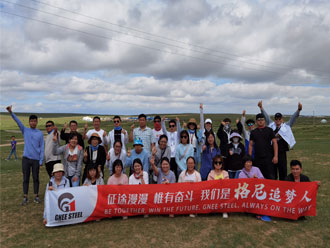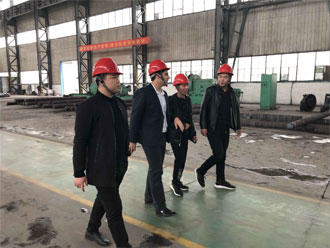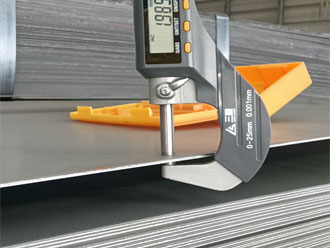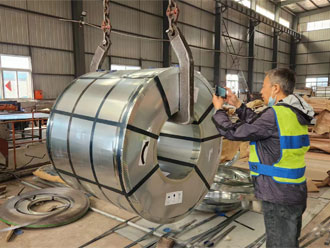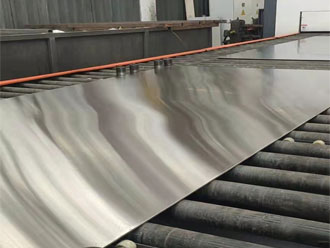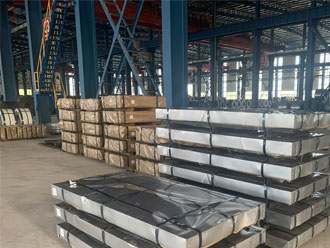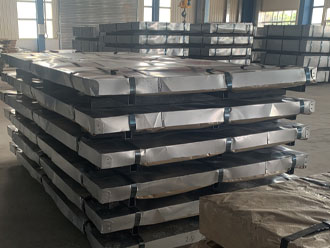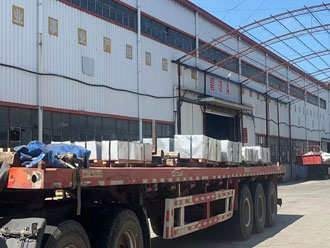.jpg)
.jpg)
.jpg)
.jpg)
.jpg)
.jpg)
.jpg)
.jpg)
Alloy 321 (UNS S32100) is a titanium stabilized austenitic stainless steel with good general corrosion resistance. It has excellent resistance to intergranular corrosion after exposure to temperatures in the chromium carbide precipitation range of 800 – 1500°F (427 – 816°C). The alloy resists oxidation to 1500°F (816°C) and has higher creep and stress rupture properties than alloys 304 and 304L. It also possesses good low temperature toughness.
Alloy 321H (UNS S 32109) is the higher carbon (0.04 – 0.10) version of the alloy. It was developed for enhanced creep resistance and for higher strength at temperatures above 1000oF (537°C). In most instances, the carbon content of the plate enables dual certification.
Alloy 321 cannot be hardened by heat treatment, only by cold working. It can be easily welded and processed by standard shop fabrication practices.
Common Applications
Aerospace – piston engine manifolds
Chemical Processing
Expansion Joints
Food Processing – equipment and storage
Petroleum Refining – polythionic acid service
Waste Treatment – thermal oxidizers
Chemical Properties:
|
% |
Cr |
Ni |
C |
Si |
Mn |
P |
S |
N |
Ti |
Fe |
|
321 |
min:17.0 |
min: 9.0 |
max:0.08 |
max:0.75 |
max:2.0 |
max:0.045 |
max:0.03 |
max:0.10 |
min:5*(C+N) |
Balance |
|
321H |
min:17.0 |
min: 9.0 |
min:0.04 |
min:18.0 |
max:2.0 |
max:0.045 |
max:0.03 |
max:0.10 |
min:5*(C+N) |
Balance |
Mechanical Properties:
|
Grade |
Tensile Strength |
Yield Strength 0.2% |
Elongation - |
Hardness |
|
321 |
75 |
30 |
40 |
217 |
Physical Properties:
|
Denstiy |
Coefficient of |
Thermal Expansion (min/in)-°F |
Thermal Conductivity BTU/hr-ft-°F |
Specific Heat BTU/lbm -°F |
Modules of Elasticity (annealed)2-psi |
|
at 68 °F |
at 68 – 212°F |
at 68 – 1832°F |
at 200°F |
at 32 – 212°F |
in tension (E) |
|
0.286 |
9.2 |
20.5 |
9.3 |
0.12 |
28 x 106 |




